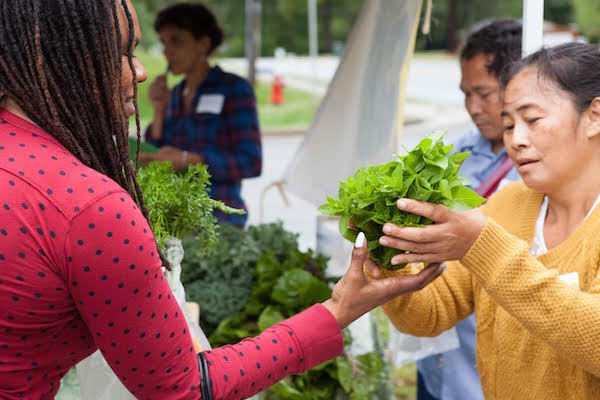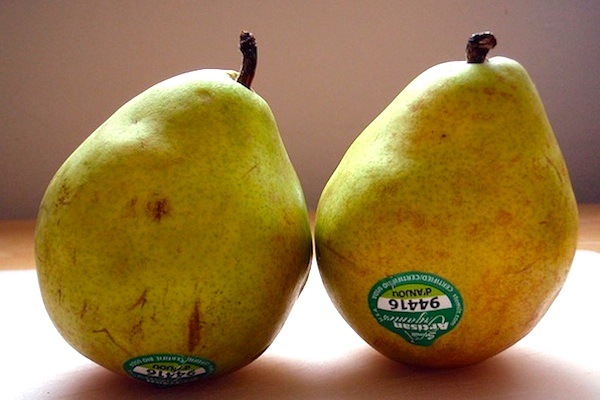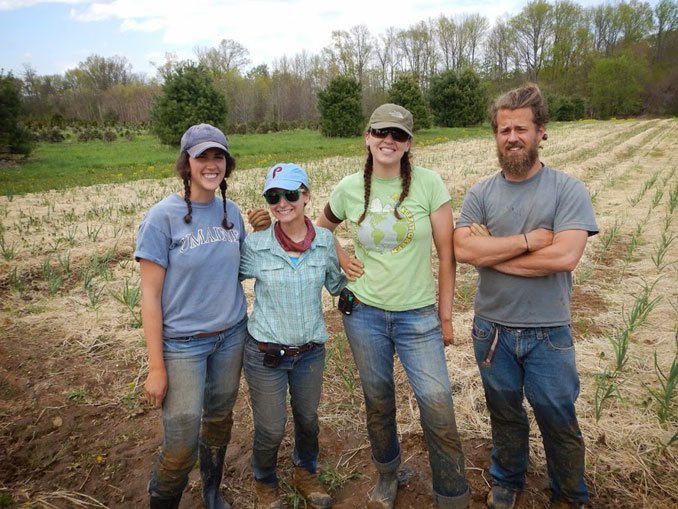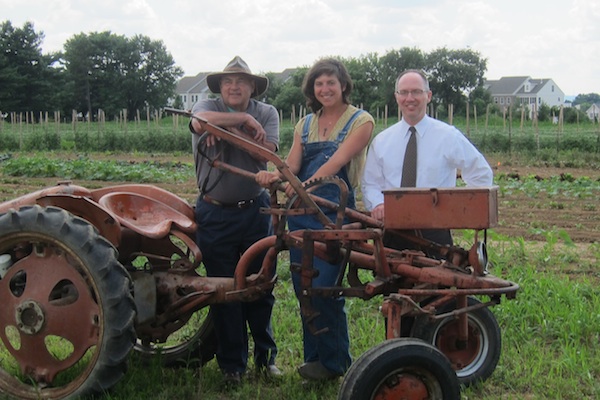Transplanting Traditions Community Farm is helping Burmese farmers create new community. The farmers’ market in Carrboro, North Carolina is filled with local staples like lettuce, tomatoes, and eggs. But if you turn left after the welcome booth, you’ll find a table that offers less common crops like pennywort, lime leaves, and kermit eggplant. That table belongs to Tri Sa, a Karen refugee farmer from Burma, present-day Myanmar. Her stand is called “Mu Tar K’Paw Gardens,” a Karen saying which translates to “everything comes from sunlight.” Tri Sa grows many traditional herbs and vegetables at Transplanting Traditions Community Farm, with 27 other Karen refugee families. The farm started as a community garden for low-income families in the Chapel Hill-Carrboro area, and it attracted many Karen farmers who asked for more space. Thanks to land donated by the Triangle Land Conservancy, the farm expanded into a five-acre operation. The Karen are a Burmese ethnic minority group, many of whom fled agriculture-centered communities Burma to escape violence and persecution by the Burmese military regime in the mid-2000s. Thousands of the refugees went to camps in Thailand before ending up in the United States. There are now nearly 70,000 Karen living in the U.S., […]
Continue reading... →If you’re unsure about the nature of supermarket produce, here’s the giveaway. Some people have strict standards about eating organic fruits and vegetables. Some supermarket produce sections are poorly labeled or in enough disarray that knowing what was grown in which way can be challenging. If either of these fates have ever befallen you, meet your friend, the PLU sticker. PLU (or Price Look Up) codes are the 4- or 5-digit numbers on produce stickers that have been used by supermarkets since 1990. They represent a globally standardized system implemented by the International Federation for Produce Standards (IFPS), a group of national produce associations from around the globe. While the long-term objective of the organization is to improve the supply chain efficiency of the fresh produce industry, consumers can glean information from the codes as well. The PLU number indicates produce items based on a number of factors such as commodity, variety, growing methodology (e.g. organic), and size. Numbers are assigned by the IFPS after rigorous review at both national and international levels. The system is based on 4-digit codes that are within the 3000 and 4000 series. The numbers are assigned randomly, that is, each digit does not imply […]
Continue reading... →Farming has been a backbone of American economy for much of this country’s history. But the duty of feeding the nation is changing, and farming practices are changing along with it.
Continue reading... →Rodale Institute and St. Luke’s University Health Network launched a true farm to hospital food program. The Anderson Campus at St. Luke’s has over 300 acres of farmland, much of which had historically been farmed conventionally with crops like corn and soy. The hospital administration recognized the impact that providing fresh, local organic produce could have on patient health and approached Rodale Institute to transition the land to organic and farm vegetables to be used in patient meals as well as in the cafeteria.
Continue reading... →When I hear the word ‘green’, I think of a lifestyle that takes the next seven generations into account. It reminds me that everything we use and consume in our lifetime is borrowed from the Earth. In our culture, it can be hard to remember where food comes from and easy to take things like sunshine, healthy soil and clean water for granted. Fundamentally, I think ‘green’ means being grateful for the many gifts that nourish us each day. Gratitude helps us recognize that we are stewards, not owners, and that understanding is a wonderful antidote to greed.
Continue reading... →


